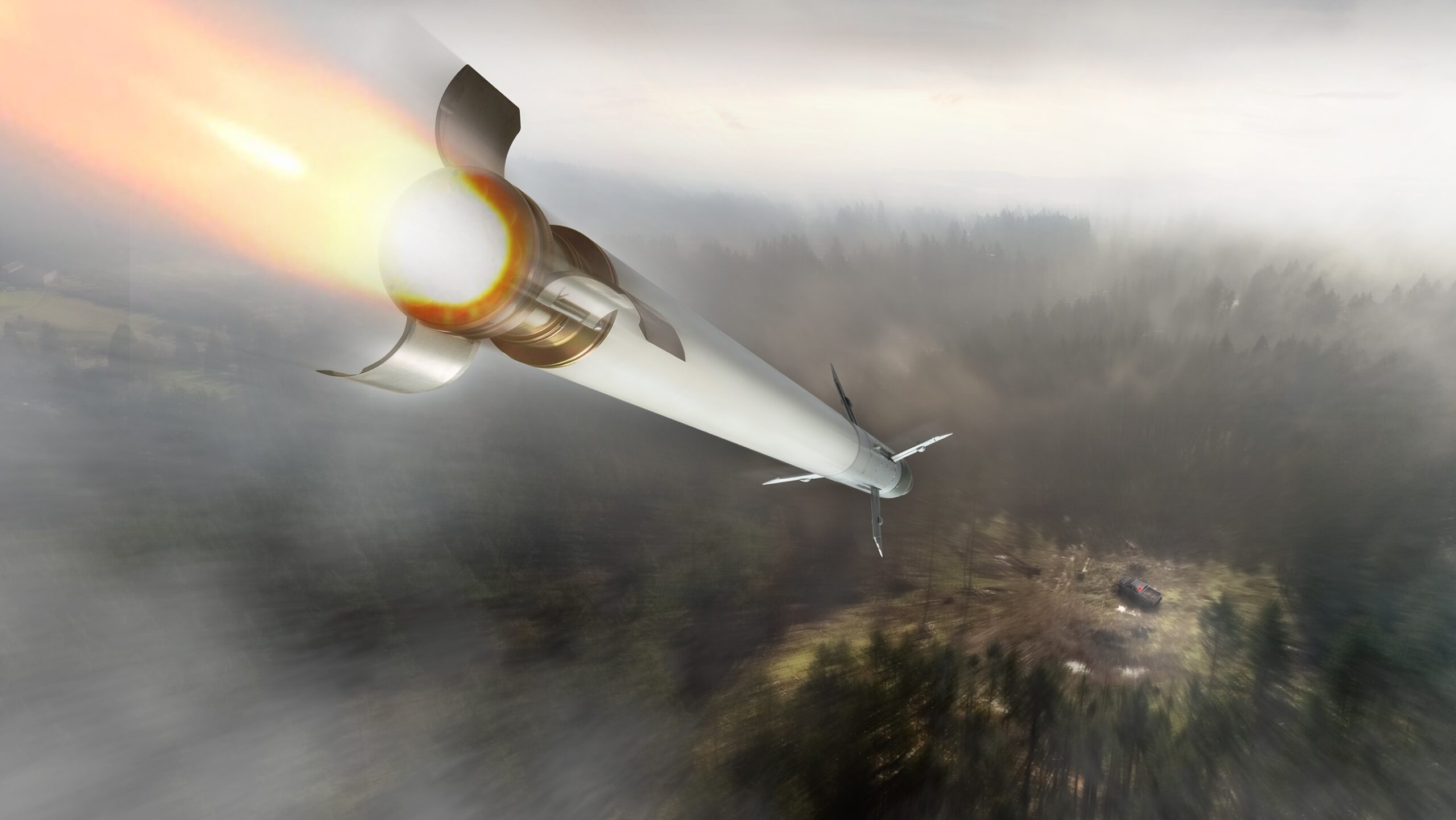
WASHINGTON: BAE Systems has rolled out an upgrade for its Advanced Precision Kill Weapon System (APKWS) rocket guidance kit that the company claims will extend the weapon’s distance by up to 30 percent.
The new kit design allows the rocket to strike a target at a steeper angle of attack than previous guidance systems, according to the company. The upgraded design also comes with options to improve use when training. Production on the new kits is slated to begin in third quarter of this year.
“Starting early next year, the upgraded kit will be the only kit in production. All orders set to deliver next year will be the upgraded version of APKWS,” BAE spokesman Mark Daly told Breaking Defense. “We will be making a modification to our existing contract to account for the upgraded version.”
APKWS is a guidance kit for 2.75-inch laser-guided rockets, turning a dumb weapon into a precision guided one. BAE Systems says it has delivered over 50,000 units to date. The kit is used by the US Army, Air Force, Marine Corps and Navy (the latter of which holds the program of record) and is also popular with foreign military sales customers.
Generally, the APKWS has been launched from either rotary wing aircraft, such as the AH-64 Apache and MH-60S Knighthawk, to fixed wing assets like the AV-8B Harrier and the F-18 Hornet. The company claims the current APKWS design has a range of 1.5-5 KM from a rotary wing platform, and 2-12 KM from a fixed-wing aircraft. In June 2020, BAE successfully tested a ground-to-ground variant of the APKWS.
In a company statement, John Watkins, vice president and general manager of Precision Strike & Sensing Solutions at BAE, noted that “Our customers’ precision strike needs are changing.” And indeed, as the US pursues a new warfighting concept with a heavy focus on extended-range fires, companies are working to take existing systems and figure out ways to make their reach longer.
The Army, however, made APKWS one of its biggest cuts in its fiscal year 2021 budget request, zeroing out the program to save $122.2 million. At the time since, the program seems to have survived, with the US services all looking to add to their APKWS stockpiles in their fiscal 2022 requests.